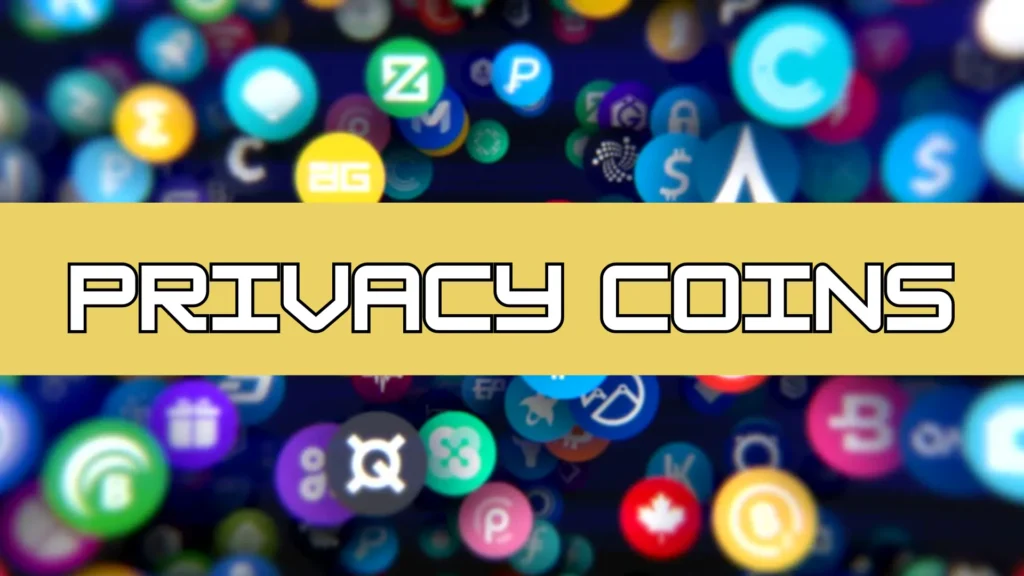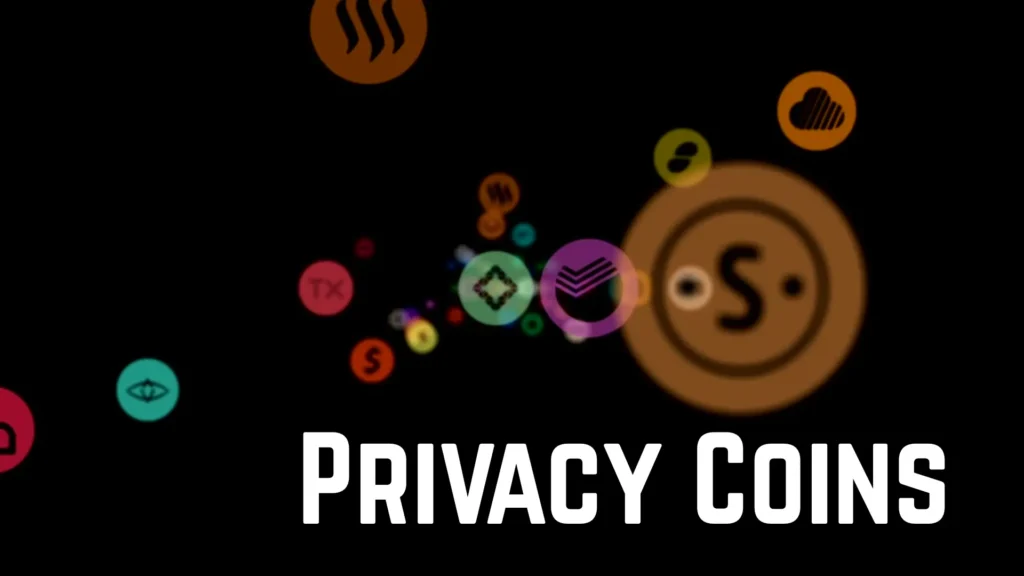Although regulators are concerned about the introduction of privacy coins, it is an important level of liberation required in the use of blockchain.
A special type of cryptocurrency is privacy coins that are oriented to the user anonymity and the impossibility to track transactions.
Unlike conventional cryptos such as Bitcoin where each transaction is imprinted and clearly seen on the blockchain, the purpose of privacy coins is to conceal vital transaction and identity information.
They are a privacy-oriented level of the crypto sphere. They are like digital cash: instant, irreconcilable, non-trackable.
Why Privacy Coins Matter in 2025
Following mounting KYC regulation, monitoring, and data leaks, privacy is no longer an entitlement, but a requirement.
Whether you’re:
- A rebel in dictatorial governments
- A company that attempts to secure the data of suppliers
- Or simply a citizen who loved financial freedom
- Privacy coins assist in ensuring privacy on financial transactions.
How Do Privacy Coins Work?
The magic is the sophisticated cryptography concealing the details of the business, without affecting the validation of the coin itself.
Important Technologies Applied:
1. Ring Signatures (Monero)
This blends your deal with a number of fakes, and it is almost impossible to realize who the genuine sender was.
2. Stealth Addresses:
Every transaction will have a one time address and the identity of the recipient will be unseen.
3. zk-SNARKs (ZCash)
Zero-knowledge proofs make it possible to prove validity of transaction details, without giving any information about the sender, receiver or amount.
4. CoinJoin (Dash)
Concatenates several transactions and mixes them, disrupting links of traceability.
Top 5 Privacy Coins in 2025

1.Monero (XMR)
– Most popular privacy coin
– Uses RingCT, stealth addresses, and bulletproofs
– Fully private by default
– Widely accepted across darknet and legitimate use cases
2.Zcash (ZEC)
– Provides optional privacy
– Uses zk-SNARKs
– Transparent and shielded addresses coexist
– Backed by strong cryptographic research
3.Dash
– Technically a fork of Bitcoin
– Offers optional PrivateSend feature
– Faster & efficient for micro-transactions
– Supported in many wallets & exchanges
4.Firo (formerly Zcoin)
– Implements Lelantus privacy protocol
– Focuses on on-chain privacy without trusted setup
– Less known but highly secure
5.Beam & Grin (based on MimbleWimble)
– Lightweight & scalable blockchain
– Improved storage efficiency
– Less adoption compared to XMR and ZEC but strong cryptographic foundation
Quick Comparison Table:
| Coin | Default Privacy | Protocol Used | TX Speed | Popularity |
|——–|——————|——————-|———-|————|
| Monero | Yes | RingCT | Medium |
| ZCash | Optional | zk-SNARKs | Fast |
| Dash | Optional | CoinJoin/PrivateSend | Fast |
| Firo | Yes | Lelantus | Medium |
| Grin | Yes | MimbleWimble | Fast |
Are Privacy Coins Legal?
Now it gets interesting. Although privacy coins are not illegal in themselves, the regulators do not like them. In 2018, Japan prohibited the use of Monero and Dash on exchanges
The exchanges in the U.S., such as Coinbase, do not list them because of compliance concerns. South Korea delisted privacy coins citing FATF (Financial Action Task Force) policies. However, they remain widely available on DEXs (Decentralized Exchanges) and privacy-focused wallets.
Use Cases of Privacy Coins
Beyond illegal stereotypes, there are several legitimate reasons people use privacy coins:
1. Financial Privacy
Avoid giving away your net worth and transaction history to central intermediaries or employers.
2. Donations & Humanitarian Aid
Organizations like WikiLeaks and freedom-based NGOs use Monero to accept anonymous support.
3. Private Business Contracts
Helps businesses carry out confidential B2B payments, supply chain protection, etc.
4. Cross-border Transactions
Privacy coins can be a lifeline in regions with financial censorship or weak banking systems.
Pros & Cons of Privacy Coins
| Pros | Cons |
|———————————————————————–|——————————————|
| True anonymity | Regulatory restrictions |
| Enhanced security | Not listed on most top exchanges |
| Useful in countries with capital controls | Misused for illicit activities (dark web) |
| Censorship-resistant | Higher transaction size and cost |
The Future of Privacy Coins

Blockchain is getting increasingly regulated and centralized platforms are taking over resulting in even greater demand to have financial privacy.
But, in order to be acceptable:
- Privacy coins have to balance between privacy of the user and control by the government
- – Technologies like view keys (used in Zcash) allow optional auditing
- Privacy fixes (layer 2), cross-chain bridges can decrease friction
There is an opinion among specialists that Monero and ZCash will be a stronghold, and new hybrid privacy worlds will appear. Privacy coins might not be without controversy, yet the ones that are, are also rather innovative.
Conclusion
Privacy coins are quite useful in a financial world that is becoming full of surveillance, especially to those who care about freedom, autonomy, or digital rights.
To investors they should be addressed as:
- A regulatory crypto market hedge
- Multi-asset portfolio privacy layer
- And not the get-rich-quick money or moonshot
- Diversify carefully, and Do Your Own Research (DYOR).
FAQs
Most like Monero, Grin, and Firo are untraceable using blockchain analytics.
Yes, but mostly on DEXs and some international exchanges. Many US platforms avoid them due to regulations.
Not officially, but they face scrutiny. Some countries have banned or delisted them.
No. Bitcoin is pseudonymous. Your wallet address is public and traceable over time.







